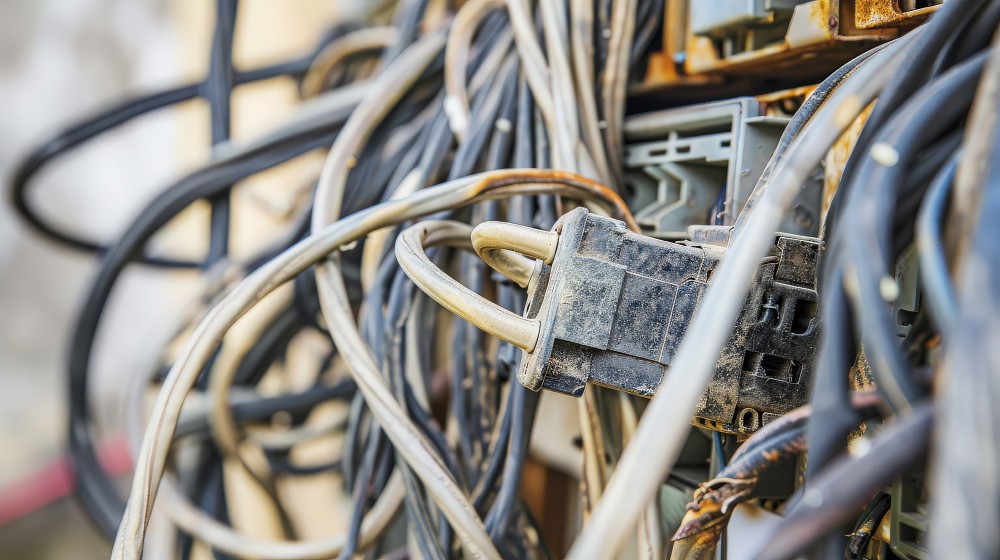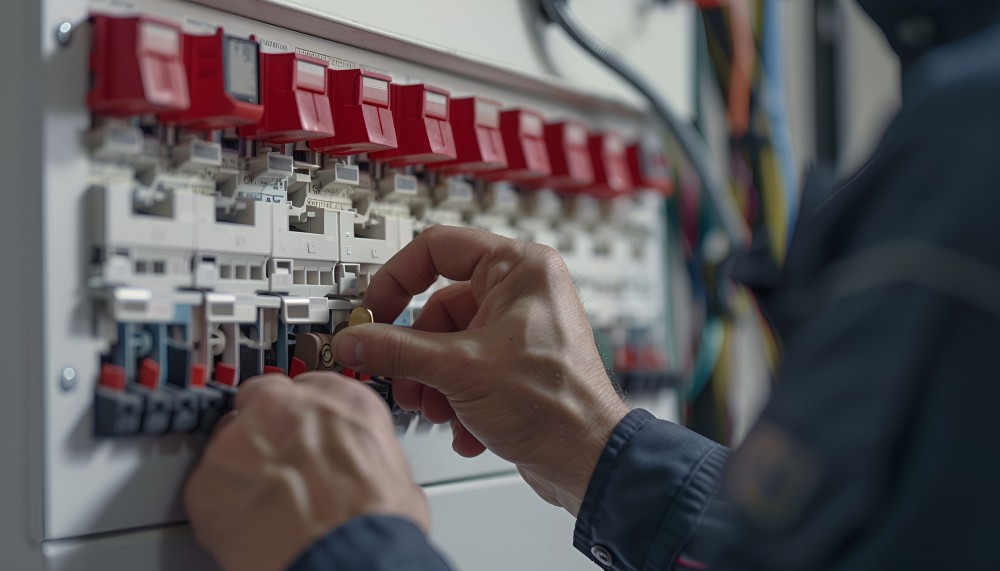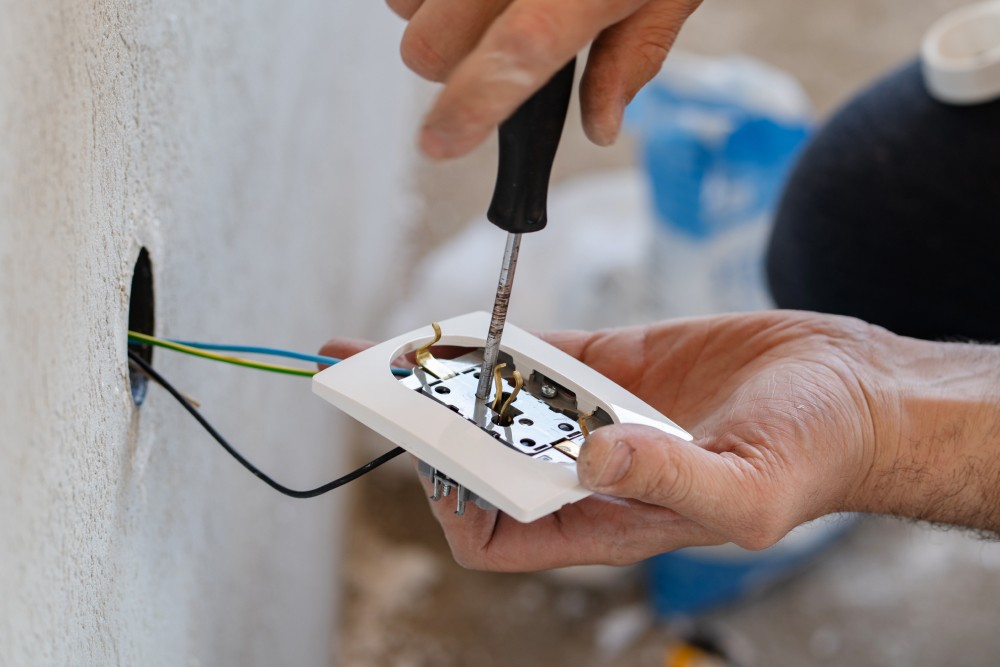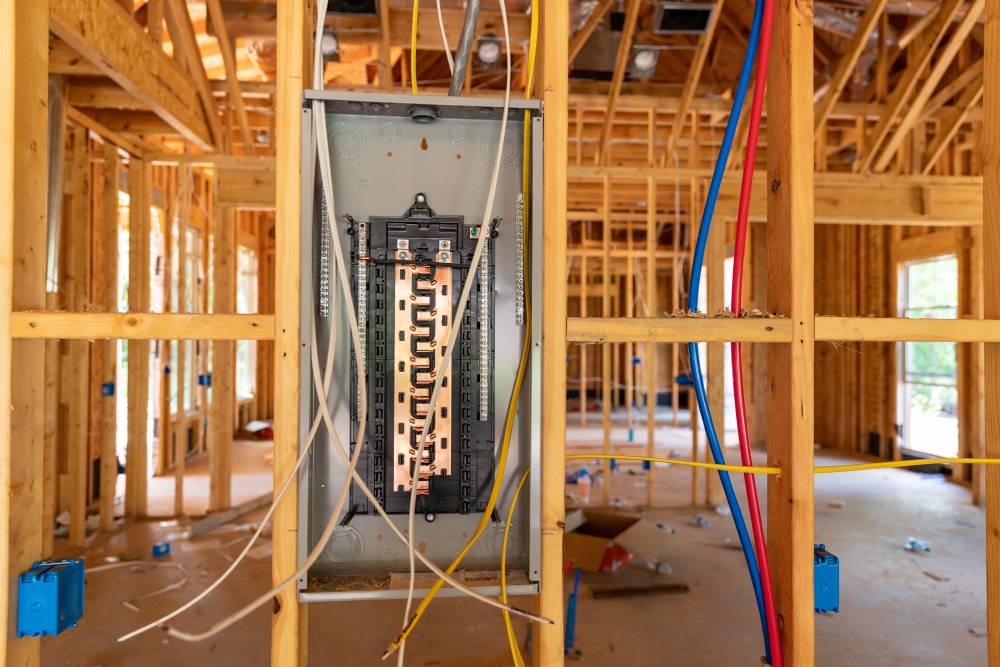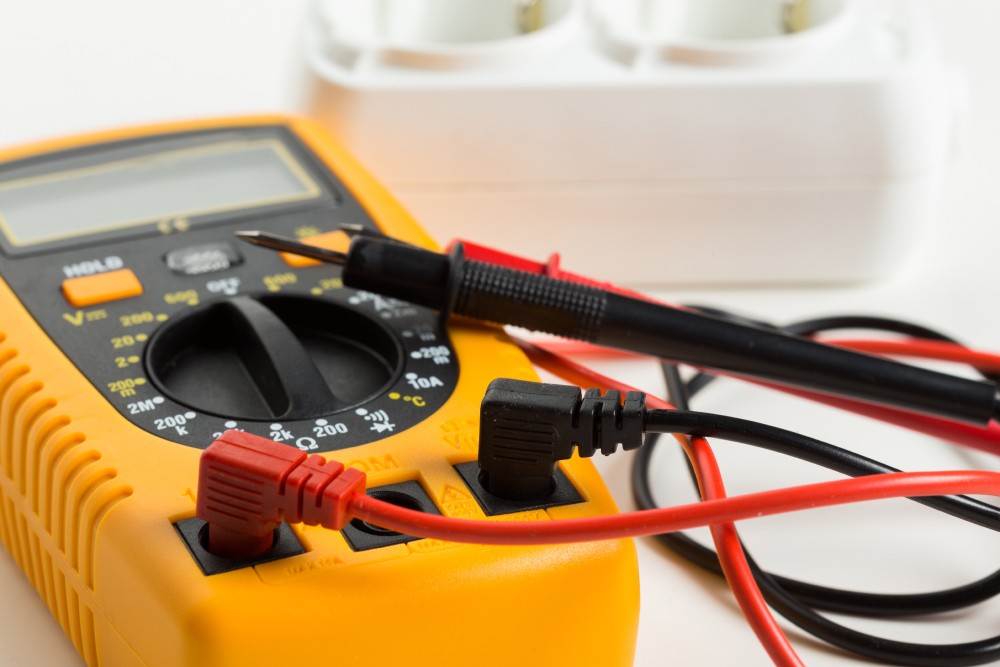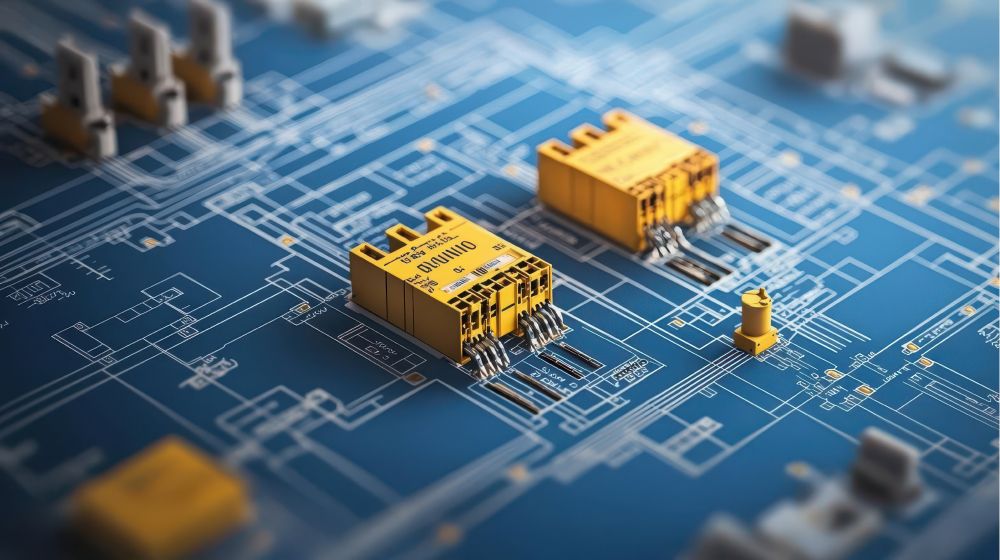Understanding Electrical Emergencies
What is an Electrical Emergency? An electrical emergency involves any situation where electrical systems or devices pose an immediate risk of shock, fire, or other serious hazards. Common electrical emergencies include power outages, electrical fires, exposed wiring, and electric shocks.
Why is it Important to Handle Electrical Emergencies Properly? Proper handling of electrical emergencies is crucial to prevent injuries, minimize property damage, and maintain the safety of your home. Quick and appropriate actions can prevent small issues from escalating into significant problems.
Common Electrical Emergencies and How to Respond
- Power Outages:
- Causes:
- Severe weather conditions (storms, hurricanes, etc.)
- Utility company issues
- Overloaded circuits
- Immediate Actions:
- Check for a Widespread Outage: Determine if the outage is limited to your home or affects the entire neighborhood. Check with your utility company or neighbors.
- Turn Off and Unplug Devices: Turn off and unplug sensitive electronics to prevent damage from power surges when power is restored.
- Use Flashlights: Use battery-powered flashlights instead of candles to avoid fire hazards.
- Safety Tips:
- Avoid opening the refrigerator or freezer to keep food cold longer.
- Do not use a gas stove or oven to heat your home.
- If using a generator, ensure it is operated outdoors in a well-ventilated area.
- Causes:
- Electrical Fires:
- Causes:
- Faulty wiring or outlets
- Overloaded circuits or extension cords
- Malfunctioning appliances
- Immediate Actions:
- Cut Off Power: If safe to do so, turn off the power at the main circuit breaker to stop the flow of electricity.
- Use a Fire Extinguisher: Use a Class C fire extinguisher designed for electrical fires. Never use water to extinguish an electrical fire.
- Evacuate and Call 911: If the fire cannot be controlled, evacuate immediately and call emergency services.
- Safety Tips:
- Regularly inspect and replace damaged cords and outlets.
- Do not overload circuits or use extension cords as permanent wiring.
- Install smoke detectors and ensure they are working properly.
- Causes:
Join HICP Homeowner’s Alliance
Connect with experts, get special discounts and enjoy member benefits
- Electric Shocks:
- Causes:
- Contact with exposed wiring or faulty electrical devices
- Improper use of electrical appliances
- Wet conditions near electrical devices
- Immediate Actions:
- Cut Off Power: If possible, turn off the power source to the device causing the shock. Use a non-conductive object, like a wooden broom handle, to separate the person from the source if necessary.
- Call Emergency Services: If the person is injured, call 911 immediately.
- Administer First Aid: If trained, provide first aid and CPR if the person is not breathing or is unconscious.
- Safety Tips:
- Ensure all electrical devices are properly grounded.
- Keep electrical appliances away from water and use GFCI outlets in wet areas.
- Regularly inspect electrical devices for damage and replace as needed.
- Causes:
- Exposed Wiring:
- Causes:
- Wear and tear on electrical cables
- Rodent damage
- Poor installation practices
- Immediate Actions:
- Cut Off Power: Turn off the power to the affected area at the circuit breaker.
- Isolate the Area: Keep people and pets away from the exposed wiring.
- Call a Professional: Contact a licensed electrician to repair or replace the damaged wiring.
- Safety Tips:
- Use conduit to protect wiring in high-traffic areas.
- Regularly inspect wiring for signs of wear or damage.
- Ensure all wiring is installed according to code and by a qualified professional.
- Causes:
- Overloaded Circuits:
- Causes:
- Plugging too many devices into one outlet or power strip
- Using high-wattage appliances on the same circuit
- Immediate Actions:
- Turn Off Devices: Unplug devices and appliances to reduce the load on the circuit.
- Reset the Breaker: If the circuit breaker has tripped, reset it by switching it off and then back on.
- Distribute the Load: Plug devices into different outlets on separate circuits.
- Safety Tips:
- Avoid using multiple high-wattage appliances on the same circuit.
- Use power strips with built-in overload protection.
- Have an electrician assess your electrical system if breakers trip frequently.
- Causes:
Preventative Measures for Electrical Safety
- Regular Inspections: Conduct regular inspections of your home’s electrical system, including outlets, wiring, and appliances. Look for signs of wear, damage, or overheating.
- Upgrade Outdated Systems: If your home has an outdated electrical system, consider upgrading to meet modern safety standards. This includes replacing old wiring, installing new circuit breakers, and adding GFCI and AFCI outlets.
- Use Quality Devices: Invest in high-quality electrical devices and appliances. Avoid using cheap or counterfeit products that may not meet safety standards.
- Educate Your Family: Ensure that all family members know how to respond to electrical emergencies. Teach them how to turn off the power, use a fire extinguisher, and recognize signs of electrical problems.
- Hire Professional Help: Always hire licensed electricians for electrical work in your home. DIY electrical repairs can be dangerous and may not comply with safety codes.
Emergency Preparedness
- Create an Emergency Plan: Develop a plan for responding to electrical emergencies, including evacuation routes, meeting points, and emergency contacts. Practice the plan regularly with your family.
- Assemble an Emergency Kit: Keep an emergency kit with flashlights, batteries, a battery-powered radio, a first-aid kit, and any necessary medications. Ensure everyone in the household knows where the kit is located.
- Install Safety Devices: Install smoke detectors and carbon monoxide detectors on every level of your home and near sleeping areas. Test them monthly and replace batteries at least once a year.
Handling electrical emergencies at home requires knowledge, preparation, and swift action. By understanding common electrical emergencies and how to respond, you can protect your family and property from potential hazards. Regular inspections, upgrades, and preventative measures play a crucial role in maintaining electrical safety. Always prioritize safety and do not hesitate to call professional electricians when needed. With the right precautions and emergency preparedness, you can ensure a safe living environment for your family.

